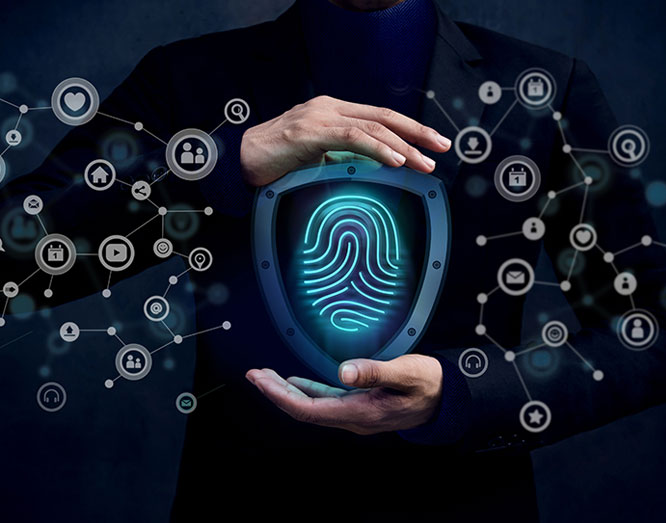Cyber Security
Cyber Security refers to the practice of protecting electronic devices, networks, and sensitive information from unauthorized access, theft, or damage. As more and more information is transmitted and stored digitally, cyber security has become an increasingly important concern for individuals and organizations alike.
There are many types of cyber security threats, including malware, phishing attacks, ransomware, and more. To protect against these threats, it is important to implement strong security measures such as firewalls, antivirus software, and regular backups.
Truecom have specialists and subject-matter experts in the field of cyber security management and policy with the latest and most advanced technology to give organizations a higher level of protection. Truecom always on the pulse of current cybersecurity trends, we’re able to bring a much deeper understanding of critical infrastructure, computer security, and security policy to your organization. Let us step in as your sole security resource or to augment existing IT capabilities, approaching your environment from an impartial perspective and resolving your most complex security issues.
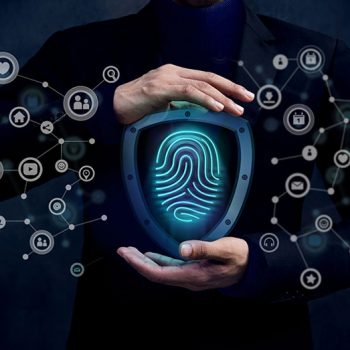
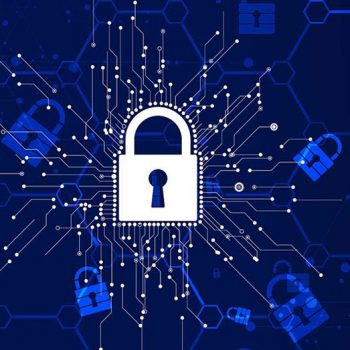
SIEM & SOAR
SIEM solutions offer its client organizations the platform towards data analysis & data examination from their digital assets. It’s imperative for an organization to have the exposure to review past incidents & analyse the shortcomings in order to alienate discrepancies & also contingent fowls in near future to ensure security for them.
Security Orchestration, Automation and Response (SOAR) is a technology that helps synchronize, accomplish and automate tasks between various people and tools all within a single platform.

End Point Protection
Endpoint protection typically involves the use of security software, such as antivirus and anti-malware software, firewalls, and intrusion detection and prevention systems, to monitor and protect individual endpoints from cyber attacks. Endpoint protection software can be installed on individual devices or can be managed from a central console, allowing for centralized monitoring and management of all endpoints.
Endpoint protection refers to the security measures that are taken to protect individual devices, such as laptops, desktops, and mobile devices, from cyber threats such as viruses, malware, and hacking attempts. Endpoint protection is also known as endpoint security or endpoint defence.
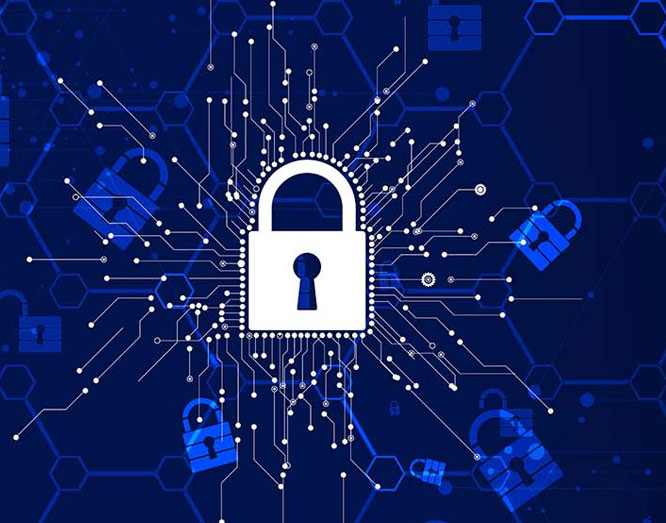
Patch Management
Patch management refers to the process of identifying, acquiring, testing, and deploying software updates, also known as patches, to computer systems, networks, and applications. These patches are released by software vendors to address security vulnerabilities, fix bugs, or add new features to the software.
Effective patch management is crucial for maintaining the security and stability of computer systems and networks, as it ensures that known vulnerabilities are fixed in a timely manner, reducing the risk of cyberattacks and data breaches.
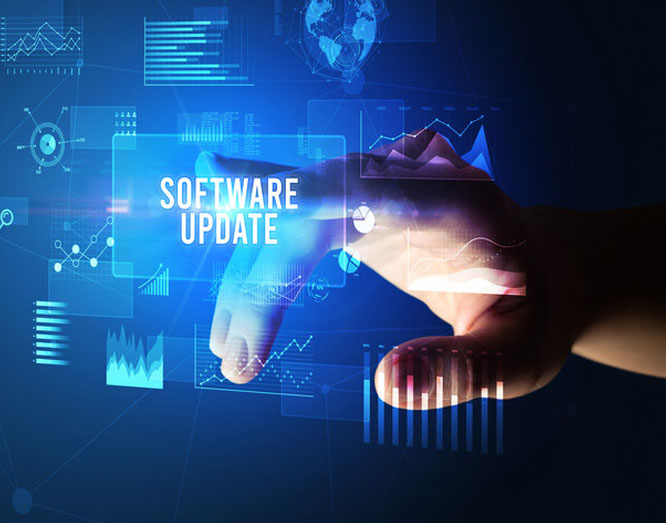
IDAM
Identity and Access Management (IDAM) is a framework of policies, processes, and technologies that helps organizations manage digital identities and control access to resources. IDAM aims to ensure that only authorized individuals have access to sensitive data, applications, systems, and networks. It involves managing user identities, roles, and privileges, as well as implementing authentication, authorization, and accounting mechanisms to enforce security policies.
